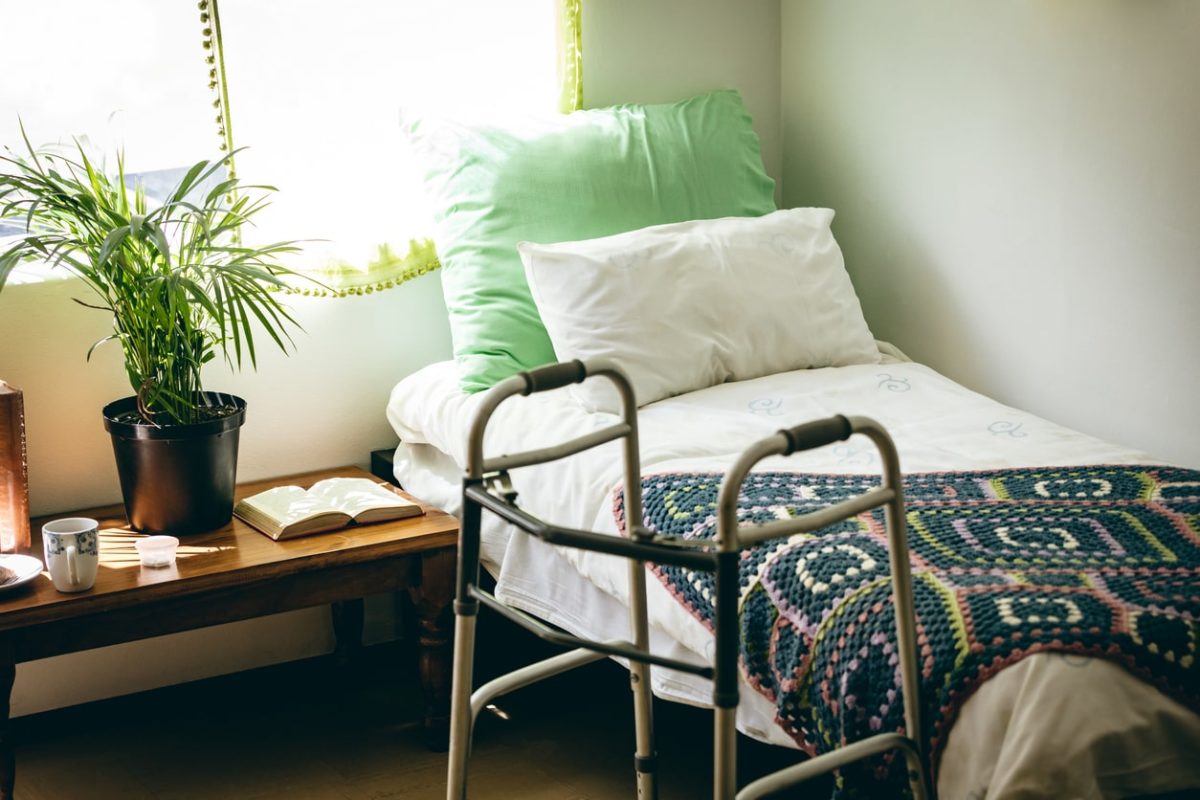The long-term healthcare industry is facing significant hurdles. Across the country, nursing homes are closing. Financial hardships among nursing homes as well as a growing desire for seniors to age in their own homes have contributed to the decline of this healthcare sector. Nursing home insurance expenses have also risen substantially in recent years. Ultimately, facilities throughout the United States are shutting down. Unfortunately, nursing home closures can negatively affect those who have come to depend on the care provided by these facilities. When a nursing home closes, what happens to its residents?
Factors Leading to Nursing Home Closures
By and large, financial issues have led to the collapse of nursing homes, especially in remote rural areas where facilities are already few and far between. Nursing homes may face a lack of qualified staff or staff members willing to work for relatively low wages. Changing healthcare policies that encourage seniors to seek independent care, such as home health care or assisted living centers, have also led to a decline in finances for many nursing homes. Finally, state contributions to Medicaid have fallen; with the majority of residents relying on Medicaid payments and reimbursement levels dropping on the state level, nursing homes are hemorrhaging money.
Of course, there are other factors beyond finances that lead to the shuttering of nursing facilities. For example, poor health and safety conditions have contributed to the decline of available facilities. In a New York Times article about the hardships faced by nursing homes, 36 nursing facilities in rural areas have had to close in the past decade for failure to meet established health and safety standards. While nursing home insurance is designed to provide liability protection, these policies simply cannot ward off safety violations or financial downturns indefinitely.
Nursing Home Closures: The Negative Impacts
According to the Cowles Research Group, a nursing home industry watchdog, more than 440 nursing homes located in rural areas have closed or been merged with other operations over the past decade. Patients in these facilities may not be able to find suitable care close by when operations shut down. With dwindling choices available, seniors often have to seek care wherever beds can be found. As a result, many seniors have found themselves far away from their hometowns and family members.
For seniors with unique or demanding healthcare needs, finding a facility equipped to handle those needs is even more difficult. Residents facing eviction from their nursing homes may need to travel significant distances in order to obtain residence at suitable facilities, and state or municipal regulations often do not provide adequate protection for vulnerable seniors.
Regardless of their health or ability to function, seniors face serious consequences when their routines are upended. Living in a nursing home can already be a stressful experience; when a closure is looming, residents may also begin to exhibit declines like depression, withdrawn behavior, and agitation. Together, these effects can negatively influence health outcomes, and in worst cases may even contribute to untimely deaths of seniors.
Nursing Home Resident Rights: An Overview
Faced with nursing home closures across the country, what can seniors do to protect their rights? Stopping a nursing home closure may be all but impossible, but federal regulations do provide certain protections.
Nursing homes are required by law to notify the state and all residents at least 60 days before the facility closes. Notices must include specific information, including:
- The reason for the closure and the date on which the closure will occur.
- A plan to relocate or rehouse each resident to appropriate facilities.
- Information about any rights of appeal the residents may have.
- The name and contact information for the state’s long-term care ombudsman and regulatory agencies governing the operation of long-term care facilities.
When a suitable facility is located, the existing nursing home must provide detailed information on residents, including information about any advance directives or special care instructions. Finally, the closing nursing home must provide orientation to residents in order to ensure a smooth and safe transfer to the new facility.
The role of robust nursing home insurance cannot be overstated. When facilities have such policies in place, this insurance can provide coverage for business interruption and a range of liabilities. In effect, insurance offers a means of protection for both staff and residents of nursing homes. In a changing and volatile economic climate, nursing home closures will continue to occur. It is hoped that improved regulatory protections will supplement the coverage provided by nursing home insurance and other risk management strategies.
About Caitlin Morgan
Caitlin Morgan specializes in insuring assisted living facilities and nursing homes and can assist you in providing insurance and risk management services for this niche market. Give us a call to learn more about our programs at 877.226.1027.


